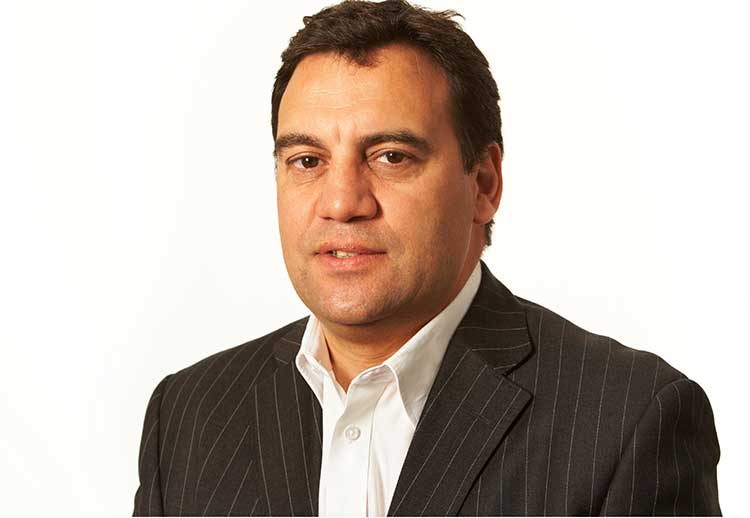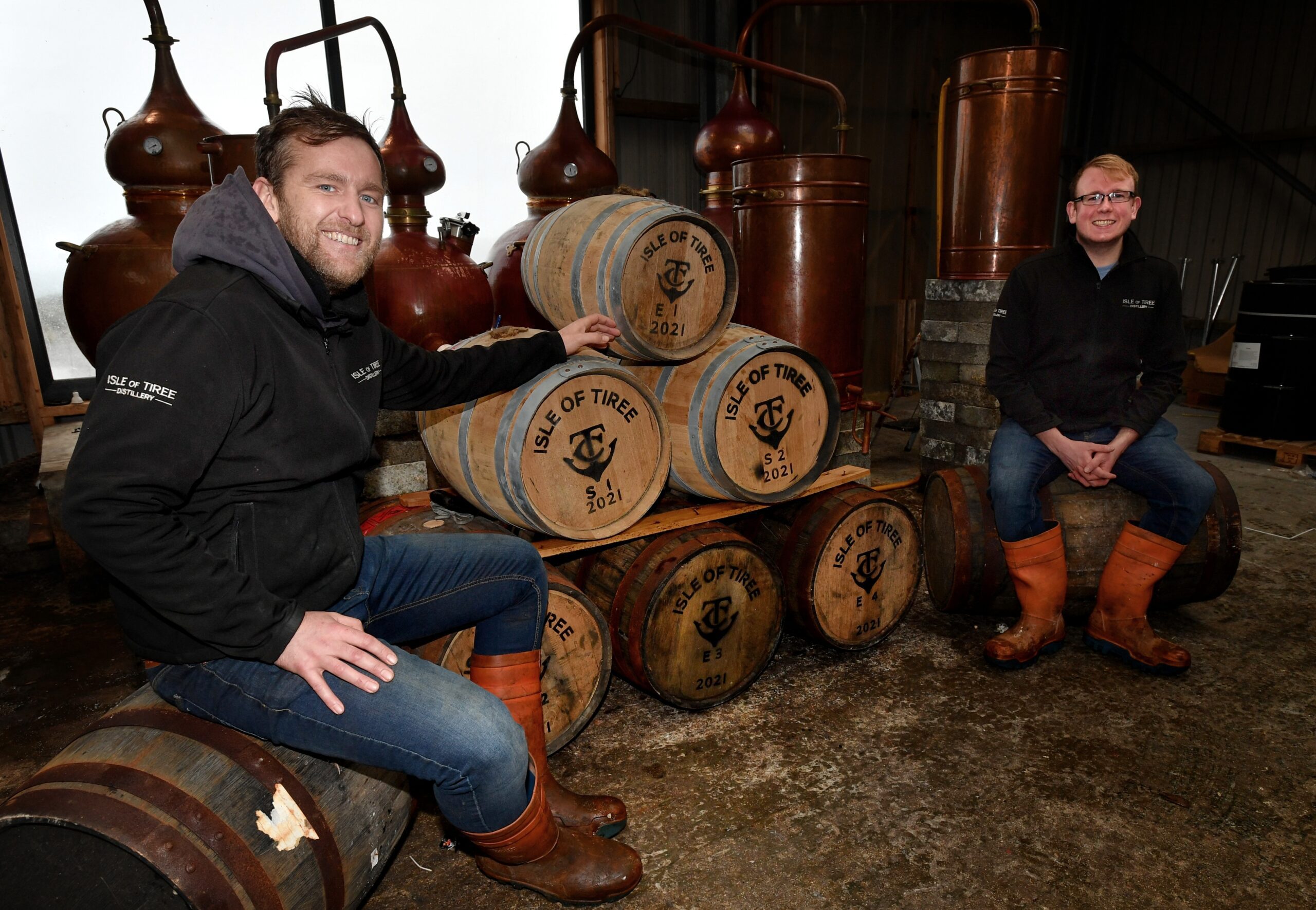As a successful business in the food and drink sector you’ll recognise the need for fundraising for growth.
If you’ve raised funds in the past you will have experienced, for example, the 30-day fundraise. However, the days of the traditional, time-limited funding round are numbered.
Contemporary, smart scale-ups know that it takes time to raise capital. When that time is arbitrarily limited, so are the chances of success. Growth businesses are now realising the benefits of Always-on Fundraising, in which companies leave themselves open for investment 365 days a year.
An open funding round provides an opportunity to capitalise on any unexpected successes, gives business-owners the best chance of finding their perfect investor(s) and with an investor relations mindset being a constant, follow-on funding.
Let’s look at what this means for your food or drinks business in more detail:
Time feeds success
Sophisticated investors and canny scale-ups appreciate what it really takes to reach their fundraising target: it takes time. This gives the company the best opportunity to find the perfect investor and the investor the best opportunity to find the perfect company. A shorter, time-limited round in which a company must ‘succeed’, can create pointless stress and pressures on the founders as they risk ‘failing’ when actually all they needed was time to gain traction and, therefore, to find the investors who are a ‘right fit’. In turn, experienced investors recognise that finding the ideal investment opportunity needs due diligence and patience: think Marathon Hebrides (on the Isle of Harris) not a 100-metre sprint.
Highlight achievements
A valuable new customer, unexpected publicity … if it creates a buzz, this is the perfect chance to highlight your company’s achievements which naturally attracts investors. An open funding round allows instant engagement; a closed round means the opportunity is lost. Envestors’ portfolio company, ZAP&GO, is a great example of how valuable this can be. BBC Click ran a piece about their superfast charging technology which generated a lot of interest and publicity. By having an open round, they subsequently raised £500,000.
Constantly work on investor relations
Traditionally, if a business was seeking equity finance, there would be a short, sharp period of intense activity of engaging and focussing on investors. The same goes for the multiple round model, which requires numerous bursts of investor engagement. But what happens in between? The risk of neglecting your investors and losing their goodwill is a serious one; if you’re Always On, so too is your investor relations mindset; If you haven’t ignored somebody, you won’t have to reengage them. Anybody who’s experienced at fundraising knows that your investors are the key to your long-term success – maintaining good relations, keeping them updated and an open, honest dialogue is crucial.
How does this way of fundraising work?
It sounds great, but how does it work in practical terms? While the concept does seem radically different, the steps you have to go through as a business are the same.
- Define your investment opportunity:
You need to start by defining your investment opportunity which includes deal structure, valuation, share price and your minimum and maximum investment levels.
Even though you’re ‘Always on’, you must have clearly defined investment levels. This benefits all parties. Your minimum investment level protects investors by ensuring that you have a significant cashflow runway to execute on your plans and projections while the maximum level dictates the total number of shares you are willing to sell at that price, protecting the shareholders from dilution. 2
2. Use the right tools
You need an FCA-regulated environment in order to promote your investment opportunity, accept pledges and draw investment. The new breed of White-label platforms like Envestry for Scale-ups, provide off-the-shelf functionality to allow companies to create a branded fundraising portal that easily links to their current site. With FCA-coverage built-in, companies can focus on the hard work of attracting investment rather than regulatory fine print.
3. Ceaseless promoting
With your fundraising site up and running, it’s time to promote your investment opportunity. Before you do anything, think about the investor journey by type. For example, personal connections who may be new to investing will need more guidance as they go through the process than experienced investors. To accommodate those new to investing, how-to guides, investment glossaries and frequently asked questions are imperative. Whereas, your communications to experienced investors can focus on the why instead of the what.
4. Do a first close
Once you hit your minimum investment level, you can do a first close and draw down the pledges, while keeping your round open. This allows you to start fuelling your growth while continuing to attract investment to your maximum level. Up until you reach your maximum you can continue to draw down funds at significant intervals as they come in.
5. Back to back rounds
While the name ‘Always on’ might imply one continuous round, the best way of using this approach is via a series of back to back rounds (tranches). As a growing business you will want to change your valuation and share price to reflect the progress you have made. It is worth noting that on rare occasions businesses may also reduce share price, known as a ‘down round’.
So, when is the best time to close one round and open another one? Clearly, once maximum investment level has been reached, the round will have to be closed. Beyond that, anything significant which justifies an increase in valuation, such as a securing a large new contract, reaching a customer milestone or securing regulatory approval on a product, should prompt you to close the round and open a new round at a higher share price.
If you are in a vibrant food or drinks business then the Always On model makes so much sense, particularly if you fundraise every six to eighteen months. Looking ahead I fully expect this to become the norm with companies from initial startup through to sale featuring an ‘investor relations’ section on their website, much in the way that their publicly-traded competitors do.
ABOUT THE AUTHOR
Scott Haughton is COO of Envestors, a fintech company that connects investors and scale-up companies. With its fundraising platform Envestry for Scale-ups, companies get a personalised site to promote deals, raise finance and engage with their investors 24 hours a day, 365 days a year.
Envestry has raised £100m+ for over 200 companies through its own private investor network.
Founded in 2004, Envestors is regulated by the FCA and has offices in the UK, the Channel Islands, the UAE and strategic partners across China.
Web: https://www.envestors.co.uk/
LinkedIn: https://www.linkedin.com/company/envestors-llp/
Twitter: @EnvestorsLondon
Facebook: https://www.facebook.com/pg/envestorslondon/posts/
































